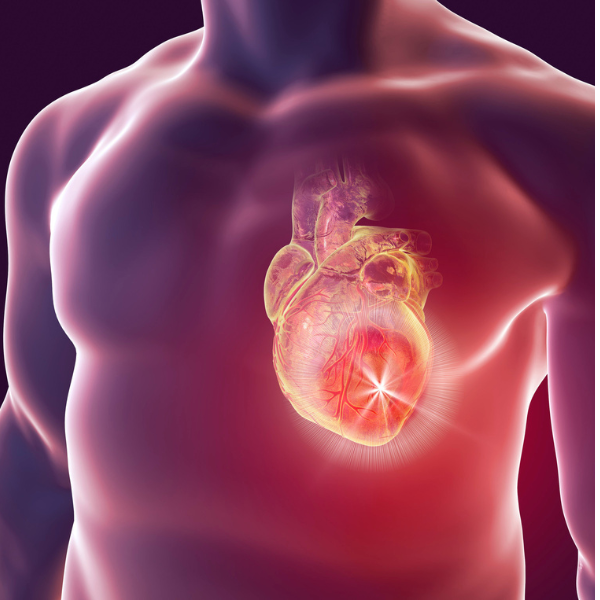
Brad King MS, MFS
Embarking on a journey of self-experimentation, I've adopted the role of both researcher and subject, delving into various dietary realms to gauge the response of my own body. Recently, I've navigated the strict terrain of a very low-carbohydrate diet, limiting myself to roughly 25 grams of carbs per day. This approach has resonated well with me, consistently enhancing my sense of well-being whenever I minimize carbohydrate intake, especially sugar.
My latest blood analysis revealed elevated cholesterol levels, which stood out against the backdrop of what's typically considered normal within the general population (not such a bad thing, as I’d hate to be normal, especially where health is concerned!). This spike caught the attention of my anti-aging specialist, who tried desperately and to no avail, to prescribe a class of drug called statins. These medications rank among the world's most frequently prescribed, largely due to the prevailing medical consensus that even moderate increases in LDL cholesterol significantly heighten mortality risk. WRONG!
The push towards widespread statin use is heavily influenced by the pharmaceutical giants behind these drugs. Their ideal scenario paints a picture where statins are a universal panacea. Some doctors even going so far as to say children should be on them! However, evidence supporting the efficacy of statins, particularly for individuals without a history of heart attacks, remains questionable. Contrary to their life-preserving promise, statins, in many instances, have been implicated in numerous side effects including but not limited to muscle pain, cognitive impairment, and increased risk of diabetes[1].
This critical stance on statin prescription is supported by reputable studies, most often done by researchers with no direct ties to the very companies that make these drugs. For instance, a review in the European Journal of Preventive Cardiology, raises questions about the universal application of statins, especially for prevention of heart disease, which highlights the need for a more personalized approach that should be based on an individuals risk factors rather than a one-size-fits-all strategy[2]. Similarly, research published in The Lancet indicates that the benefits of statins are really only pronounced in those with a documented history of cardiovascular events (i.e. heart attacks), suggesting that the blanket prescription of statins for all elevated LDL levels are simply not supported by the research[3].
Exploring the realm of cholesterol management and navigating the sea of statin prescriptions can feel like charting unknown territories—a complex voyage that undoubtedly calls for a deeper examination. Here's a crucial reminder: when it comes to your health, you're the one steering the ship. Before you automatically go along with your doctor's recommendation on statins (or any other medication for that matter), take a plunge into some research on your own. After all, it's your life and well-being at stake. You owe it to yourself to verify that the choices you're making are genuinely in your best interest, rather than unwittingly harming you or worse.
Carefully balance the potential advantages against the risks—what's often presented as a benefit, often doesn’t hold up under scrutiny. Pharmaceutical companies invest billions in marketing their narratives to doctors and the public, proclaiming their solutions as the only path forward. But it's wise to question the hype. Consider this: the lengthy list of possible side effects in drug commercials is more than just fine print; it's a loud caution about the complexities of medications and the profound, often life-altering impact they have on our health. Make sure every health decision you make truly aligns with what's best for YOU.
Don’t worry, I will dive a lot deeper into the real cardiovascular risk factors and 5 of the most research-proven and effective nutrients for heart health in my next blog. Stay tuned…
References:
[1] Golomb BA, Evans MA, Dimsdale JE, White HL. "Effects of statins on energy and fatigue with exertion: results from a randomized controlled trial." Arch Intern Med. 2012 Jun 11;172(11):1015-7. doi: 10.1001/archinternmed.2012.2171. PMID: 22732744.
[2] Tobert, J. A. and Newman, C. B. (2015). Statin tolerability: in defence of placebo-controlled trials. European Journal of Preventive Cardiology, 23(8), 891-896. https://doi.org/10.1177/2047487315602861
[3] Taylor, F., et al. (2013). Statins for the primary prevention of cardiovascular disease. Cochrane Database of Systematic Reviews, 2021(9). https://doi.org/10.1002/14651858.cd004816.pub5